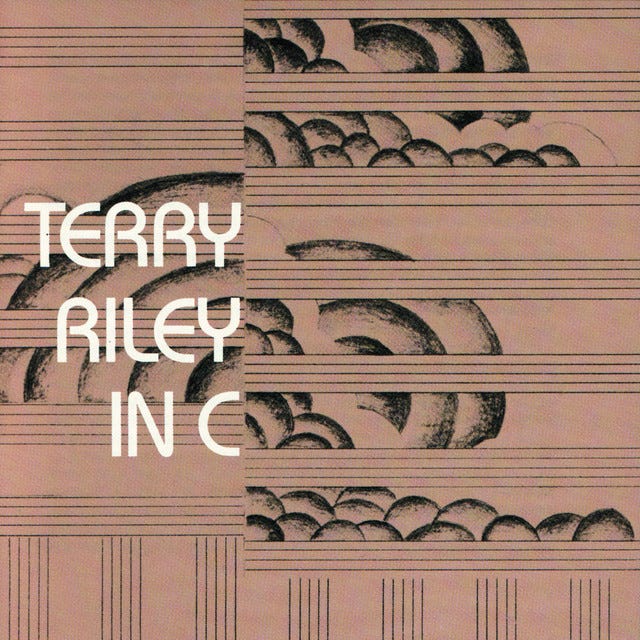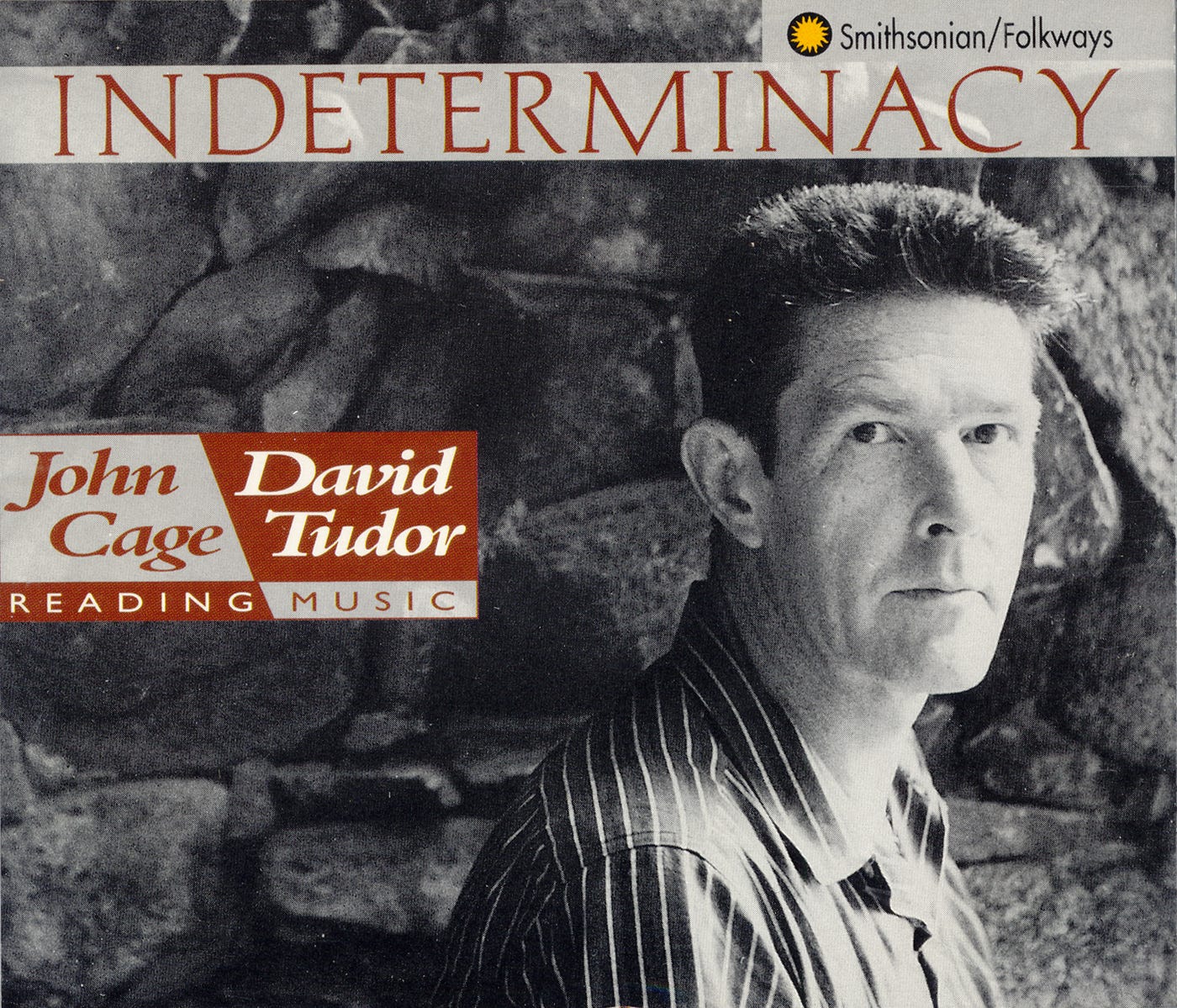Genre of the Day - Indeterminacy
Album of the Day - In C by Terry Riley (1968)
The past few days on this column have touched on the future and uncertainty; the end of the year often dredges up these feelings as we reflect on all the head-spinning events a calendar year brings along. Today’s genre suggests that life, and music, can also be seen as games of chance. This column, after all, is one big game of chance: each day, I roll the dice and get connected with a new sonic world, scene, or history via genre. This regime of randomness inspires my writing creativity, as if there’s some mysticism in randomness rather than just a python random.choice() function working behind the screen. But I often have a tendency to connect a day’s genre to happenings in the world or in my life, as any regular reader of this column might know. Indeterminacy adds that same element of chance and unpredictability very directly to music.
Indeterminacy is perhaps the zenith of modern classical’s subversion of all previously known ideas around making music. There’s an esoteric undertone to indeterminacy in particular: to leave music up to chance implies music’s manifestation from a power beyond our willful determination. It’s fittingly also known as chance music or chance’s more arcane cousin aleatoric, and the form—or formlessness—was famously pioneered initially by Henry Cowell in the 1930s, and driven forth by John Cage (who in reality was uncaging music) and other members of the New York School in the 1950s. Chance music’s overarching distinction is that it leaves some measure of the music’s performance, whether the notation, the procedures, or the form up to the luck of the draw. Indeterminacy more dictates variation in a piece’s performance; aleatoric music more directly incorporates chance into composition. These are technically two distinct approaches, but I think they deserve simultaneous coverage for their like-minded ideological skews.
Indeterminacy makes music a movable feast within a particular piece; its underpinnings may confound both 99% of those who would try to understand it casually, including myself, and might make an intellectual property lawyer trying to standardize what constitutes a musical work pop a blood vessel. Giving into this uncertain environment frees ourselves to its curiosities and letting it “be what it is”; some chance music relies on millennia-spanning wisdom like the Chinese divination text I Ching to dictate its production. Other compositions are notated in totally alien and unprecedented visual representations, prompting the musician or ensemble to extrapolate their own rules. It breaks with classical orthodoxy in nearly decentering the role of the composer and opening the field to individual inventiveness, releasing professionally-trained musicians from the cut-and-dry roteness of perfection and catapulting them into a place where their only certainty is their instrument.
Terry Riley’s* In C is appropriately titled, as the work being in the key of C is one of its few concrete aspects. Riley composed 53 brief melodies to be played as few or as many times per musician in the ensemble, at their own discretion. It is, more than anything, an exercise in how musicians center themselves in their playing, how they push and pull with the sounds around them, how chance music can feel as lively and unpredictable as any foray into the public forum. The overarching feeling is that of urgency—its staccato opening defibrillating sound itself. About four minutes in, new instruments come to the fore as sprightly hoots of horn and flute poke through the constant oscillating leitmotif. The tone gradually shifts as the pace hastens around fifteen minutes in. The change is slower than expected, given that one might expect indeterminacy to sound like off-the-rails sonic acrobatics, but it’s a testament to instrumentalists’ grace and ability to adapt to the resuscitations of curiosity chance music can bring about.
* Not to be confused with the 1980s new jack swing producer Teddy Riley, though that genre’s zany drum patterns can sometimes feel indeterminate in the best way, too.







Haven't heard this term since linear algebra. From wikipedia: "An indeterminate system is a system of simultaneous equations (eg, linear equations) which has more than one solution (sometimes infinitely many solutions)" - maybe the origins are in math?!